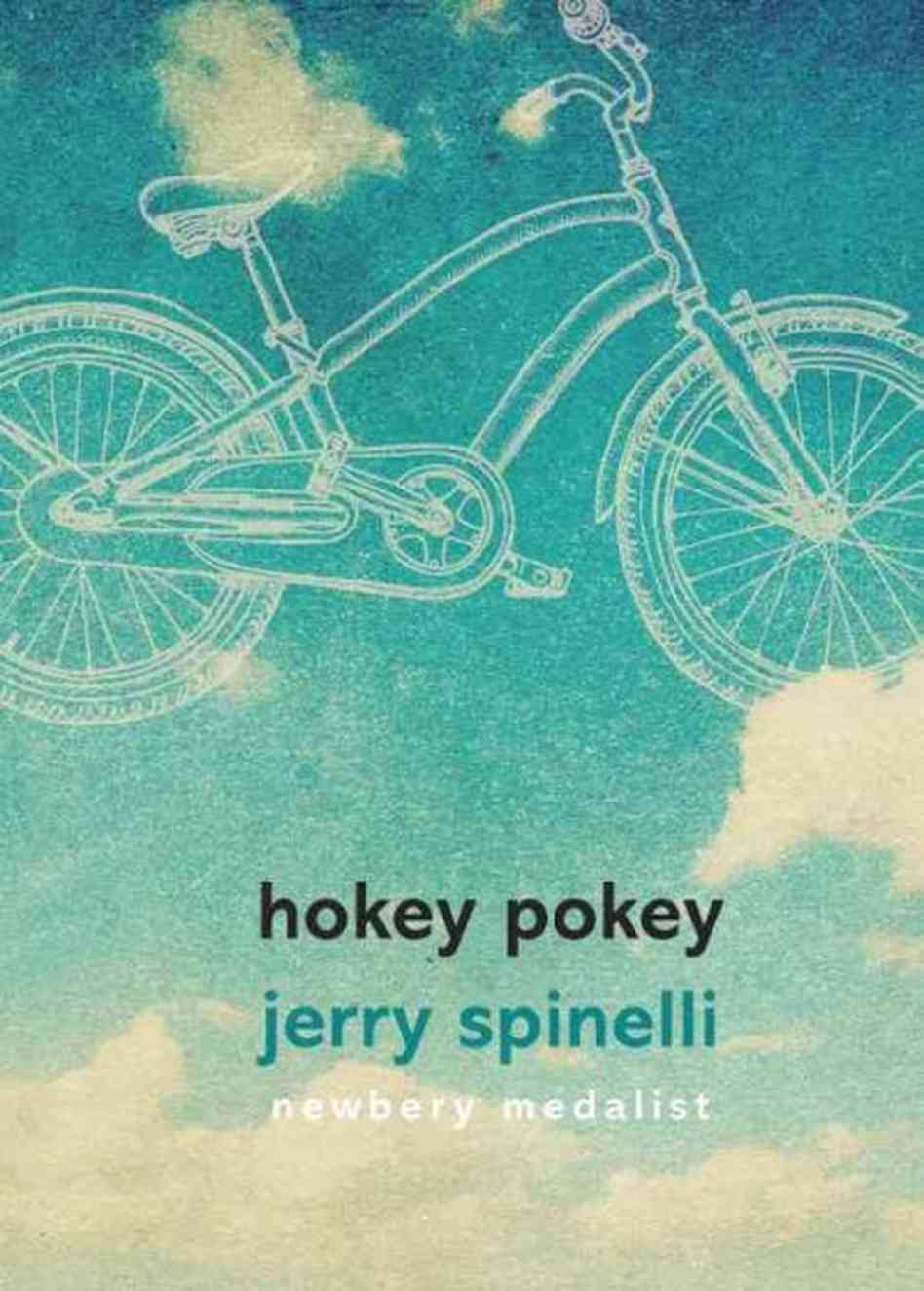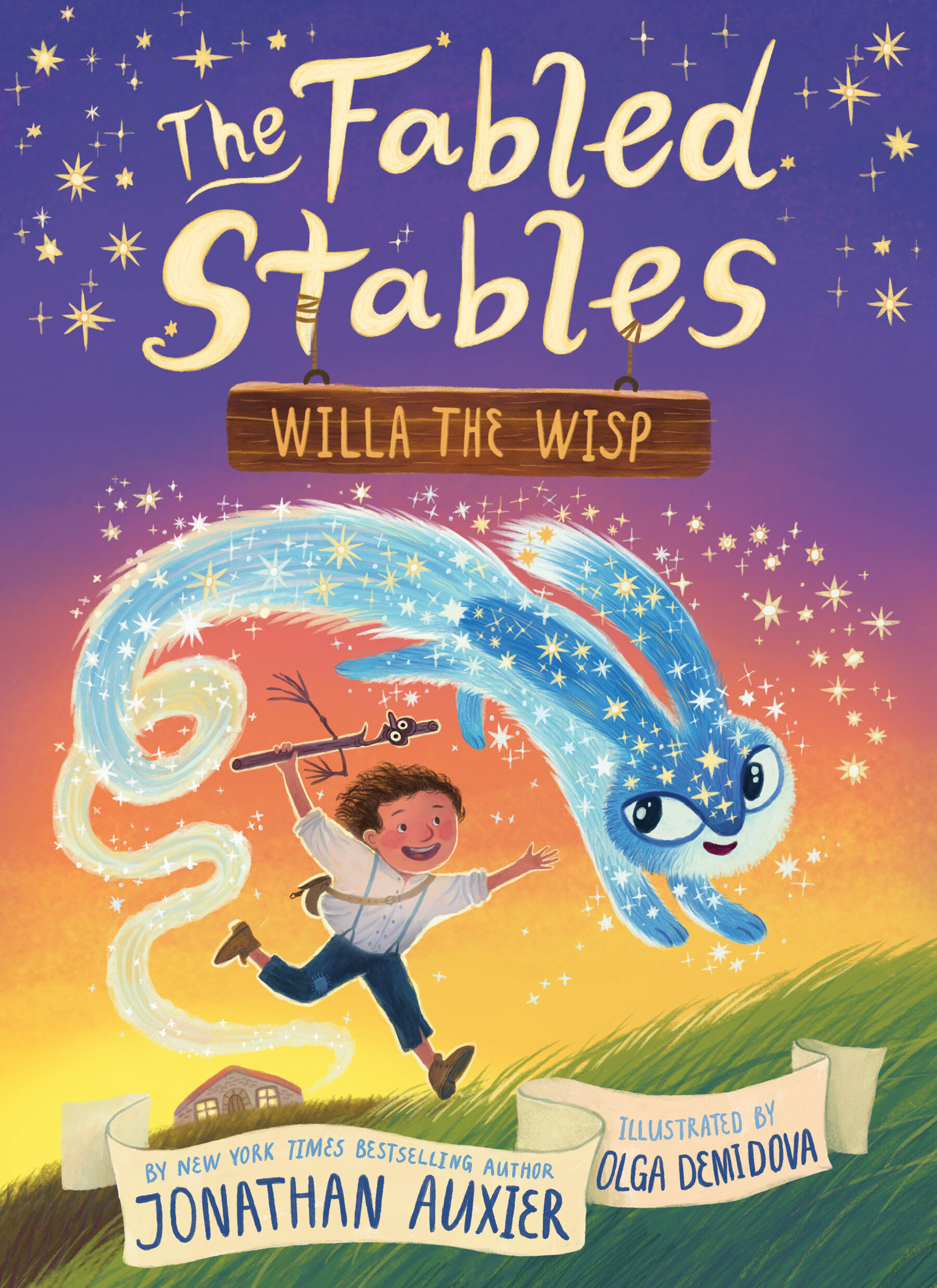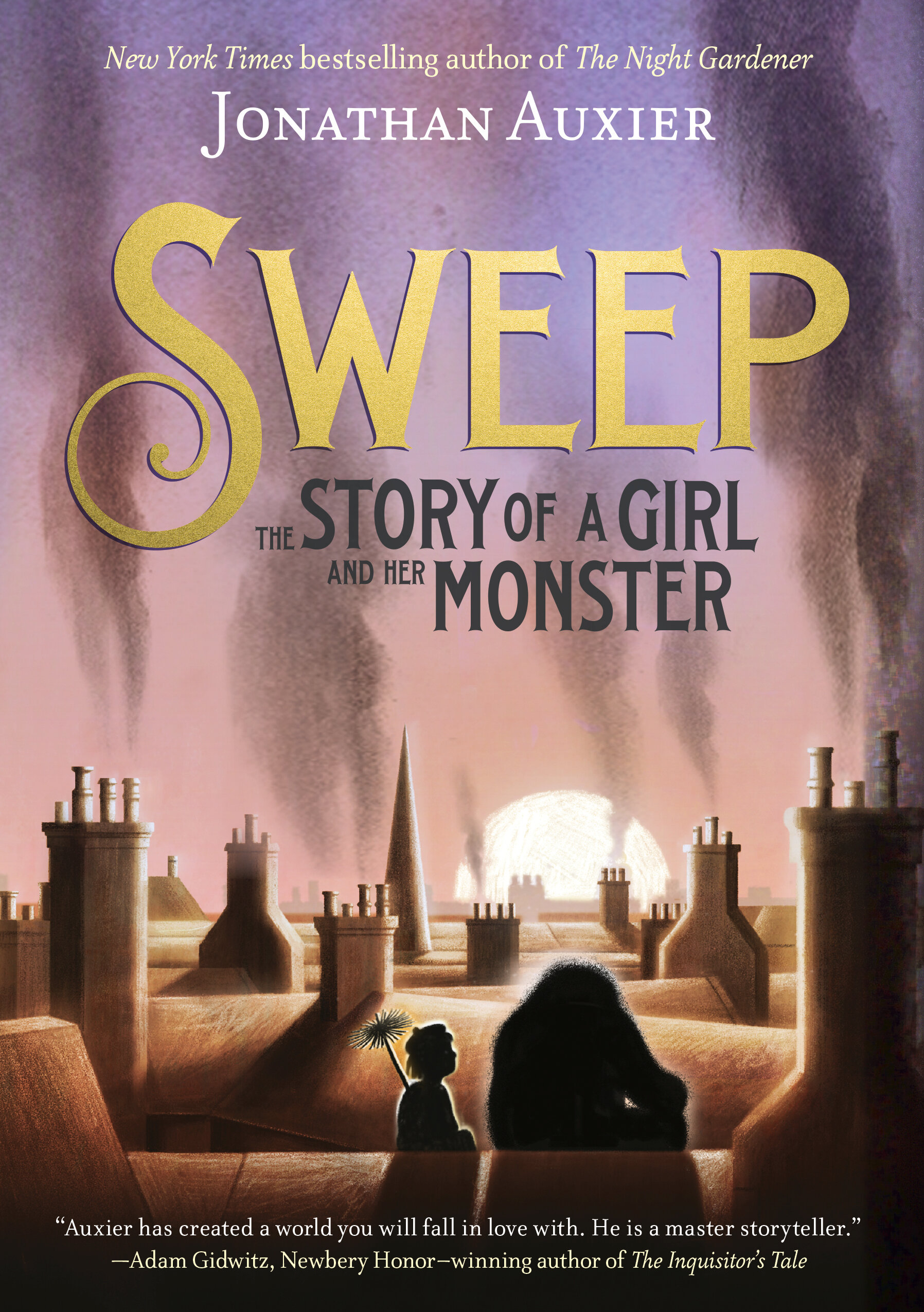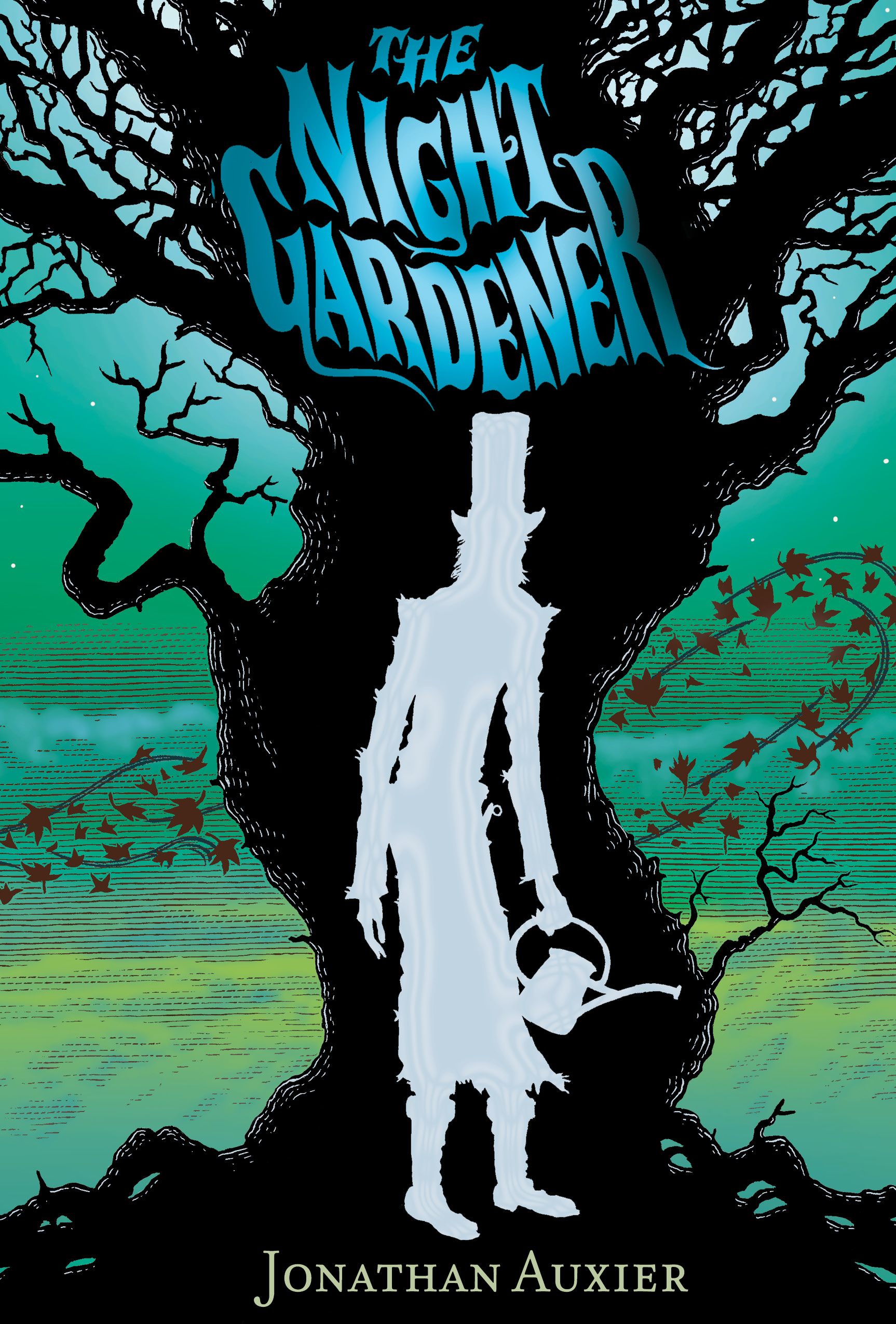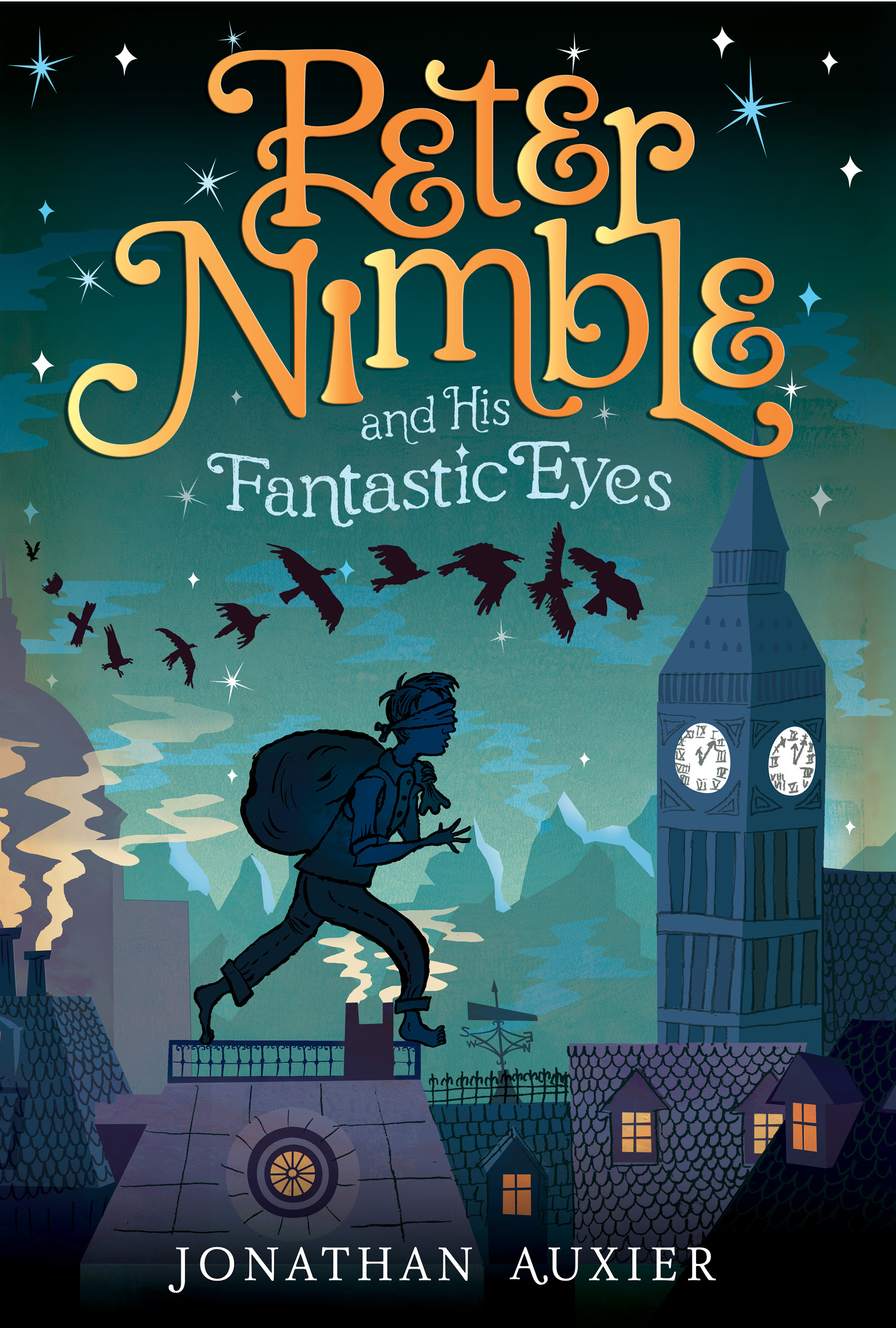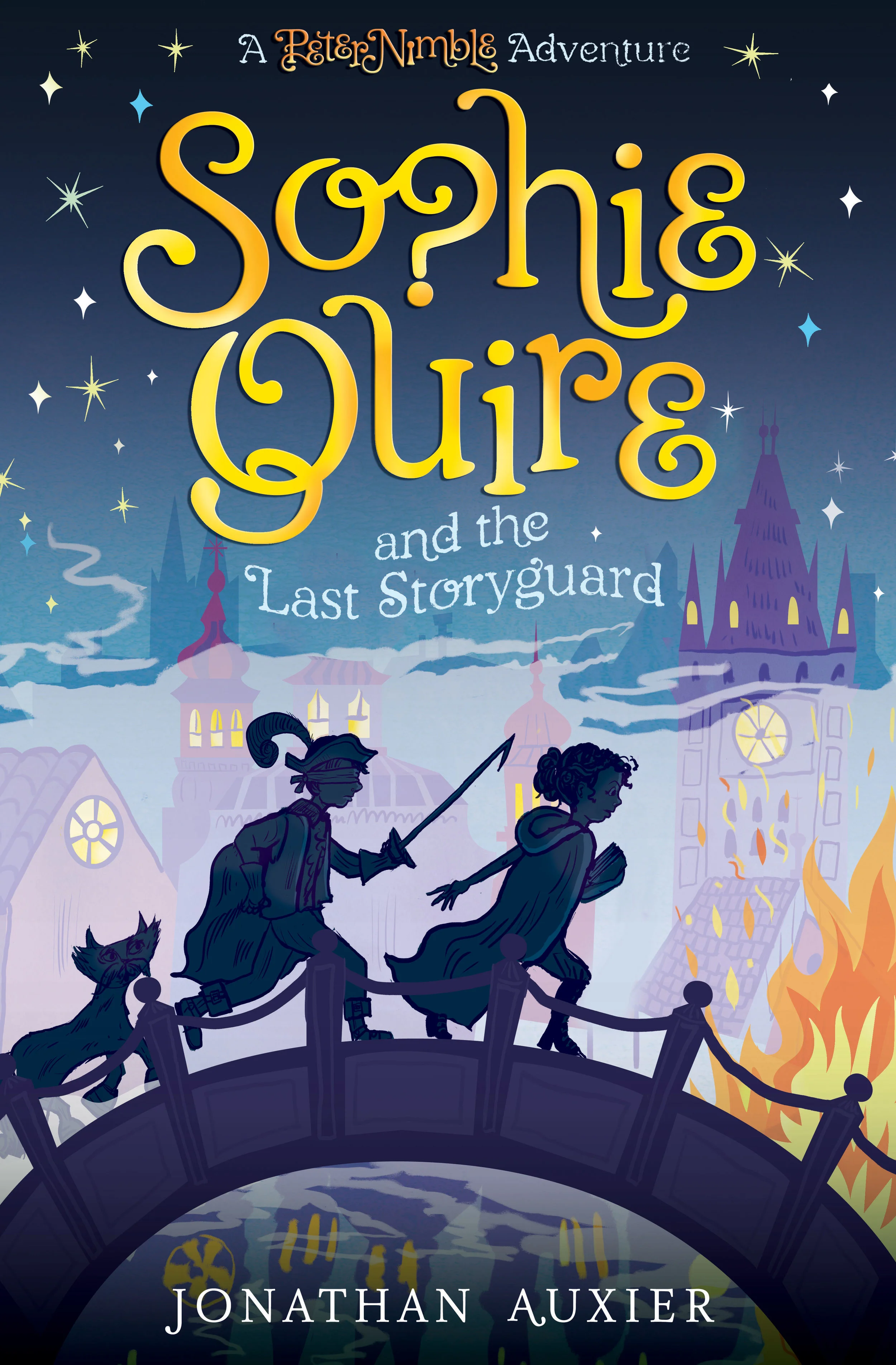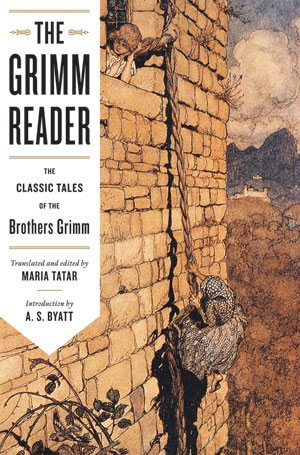 I wanted to give a special "howdy" to any visitors from 100 Scope Notes; welcome to The Scop! Anyway, on with today's post ...
Between the two of us, Mary and I get a lot of free books. Most of mine are galleys and ARCs from meetings/conferences. Mary gets books sent to her from various academic publishers hoping she might incorporate their text into a syllabus[1. 1. It usually works out that Mary reads my free books and I read hers (something about the grass being greener, I'm sure.)]. The other day she came home with a copy of The Grimm Reader: the Classic Tales of the Brothers Grimm, edited by Maria Tatar. I stole it from her desk and read it last week.
I wanted to give a special "howdy" to any visitors from 100 Scope Notes; welcome to The Scop! Anyway, on with today's post ...
Between the two of us, Mary and I get a lot of free books. Most of mine are galleys and ARCs from meetings/conferences. Mary gets books sent to her from various academic publishers hoping she might incorporate their text into a syllabus[1. 1. It usually works out that Mary reads my free books and I read hers (something about the grass being greener, I'm sure.)]. The other day she came home with a copy of The Grimm Reader: the Classic Tales of the Brothers Grimm, edited by Maria Tatar. I stole it from her desk and read it last week.
Here's the rundown:
The Forward: The forward was written by A.S. Byatt, who I guess knows something about children's books[2. 2. On top of writing The Children's Book, Byatt also penned an incendiary op-ed in the New York Times attacking Harry Potter ... I can't resist a contrarian!]. Like most forwards, it's less about hard facts and more about general reflection -- which isn't a bad thing. Some favorite quotes/observations:
"Everything in the tales appears to happen entirely by chance -- and this has the strange effect of making it appear that nothing happens by chance, that everything is fated."
"I inhabited stories with characters in a way I never inhabited true fairy tales ... I fell in love with Sir Lancelot and held long conversations with Robin Hood ... But I never loved or was loved in the context of a fairy tale. Dickens claimed that he wanted to marry Little Red Riding Hood, which to me is a category error. Either he had seen a pretty actress in a red hood in a pantomime, or his hugely animating imagination could even insulate itself into the closed box of finite gestures. Character feels wrong in folktales."
"I am not sure how much good is done by moralizing about fairy tales. This can be unsubtle -- telling children that virtue will be rewarded, when in fact it is mostly simply the fact of being the central character that ensures a favorable outcome."
The Introduction: Tatar's introduction is lengthy and enjoyable[2. 2. Mary has informed me that her name is pronounced "Tuh-tar" ... and that she's kind of a big deal]. She makes some general observations about books and then does a brief rundown of her personal connection to a number of specific stories. Here are some thoughts that I really liked:
"Magic happens in nearly every one of these tales, but the real wonder is that no one ever feels that slightest shock. A girl meets a wolf in the woods and is not at all astonished when he engages in a conversation about her grandmother."
"With the Bible and Shakespeare, the Grimms' collection ranks among the best-selling books of the Western world. 'In an old-fashioned household,' Baron Munchausen reports, 'Grimms' fairy takes occupied a position midway between the cookbook and the hymnal.'"
"Those who expect to find role models for children in fairy tales will be deeply disappointed. Parents will look in vain for so-called family values in stories that show us a widower wooing his daughter, a woman lacing up and suffocating her stepdaughter, and her father turning over his daughter to a greedy king. But these stories all meet one important requirement for a good children's book: they show the triumph of the small and meek over the tall and powerful."
The Children's Tales: Nothing much to report here. A translation of a number of Grimm tales -- specifically ones that worked their way in the the Brother's later collection, Children's Stories and Household Tales. One thing I did like was Tatar's wording of birds' the rhyme in "Cinderella:"
"Roo coo coo, roo coo coo,
Blood is dripping from the shoe:
The foot's too long and far too wide,
Go back and find the proper bride."
The Adult Tales: This is where the book gets interesting. Tatar spends some time in her introduction talking about how after the Grimms' first publication was a success, they set to making a version more suitable for children. In that spirit, Tatar includes some more adult stories that didn't make the cut. After each one, she includes about a page of analysis. She points out how closely the story resembles earlier folktales and postulates why it might have not been considered acceptable to contemporary readers. Among the most shocking is the amazingly-racist "The Jew in the Brambles" which must be read to be believed.
Bonus Features: In back of the book are a few nice resources. First, a fascinating 10 page biography of Jacob and Wilhelm, which gave me a lot more information than any Wikipedia page ever could. Following that is the original preface (written by the Brothers) to the first edition of Children's Stories and Household Tales. Lastly, there is a collection of favorite quotations about fairy tales that Tatar has amassed over the years. Below are my two favorites:
"Perhaps it is only in childhood that books have any deep influence on our lives. In later life we admire, we are entertained, we may modify some views we already hold, but we are more likely to find in books merely a confirmation of what is in our minds already. ... But in childhood all books are books of divination, telling us about the future, and like the fortune teller who sees a long journey in the cards of death by water they influence the future. I suppose what is why books excited us so much. What do we ever get nowadays to equal the excitement and revelation in those first fourteen years?" - Graham Greene
"I used to be Snow White, but I drifted." - Mae West
What I Liked: There is no shortage of Brothers Grimm collections out there. A few too many people are still trying to shock readers with the revelation that "these ain't your Uncle Walt's fairy tales!" -- a super-cool piece of trivia when I was nine years old ... now, not so much. That said, I did learn some new things in Tatar's collection, especially with regards to how the Grimms decided to edit and sanitize their own previous publication. That and the resources in section three of the book make it a welcome addition to our Fairy Tales Shelf.
What I Didn't Like: As I mentioned earlier, Tatar follows each of the adult tales with a bit of editorial analysis. This is great for a reader like me who has trouble learning in a vacuum. I really, really, really wish she had been able to include this sort of information after the Children's tales, which makes up the bulk of the collection. So, really, my only complaint is that I wanted more!
Other Reading:
You can read a review of the book at The New Republic here.
Also, check out Maria Tatar's blog, which is pretty swell.
 Hi all! Just wanted to put up a quick post to share that I recently wrote a book review for the New York Times! I was asked to review two British fantasy imports, The Song from Somewhere Else by AF Harrold and The Apprentice Witch by James Nicol. The two books were very different from one another, and it was a real challenge to find a way to tie them together with a single idea. Here's how I opened the piece:
Hi all! Just wanted to put up a quick post to share that I recently wrote a book review for the New York Times! I was asked to review two British fantasy imports, The Song from Somewhere Else by AF Harrold and The Apprentice Witch by James Nicol. The two books were very different from one another, and it was a real challenge to find a way to tie them together with a single idea. Here's how I opened the piece:

 This week I found myself briefly stranded without a book, and so I to re-read Malcolm Gladwell's
This week I found myself briefly stranded without a book, and so I to re-read Malcolm Gladwell's 